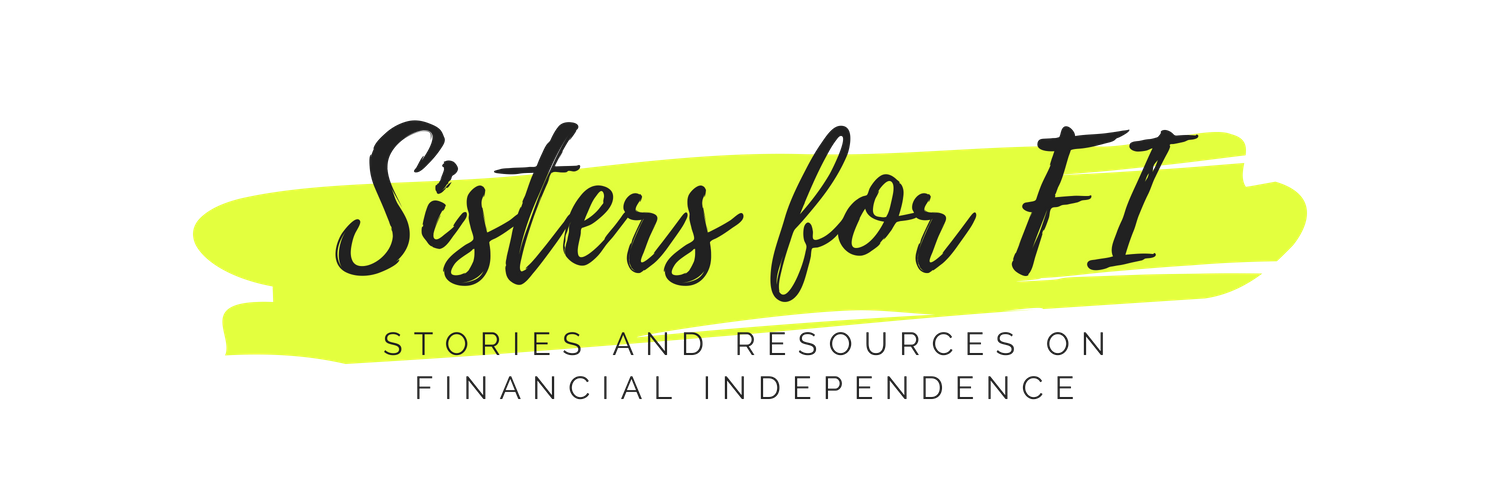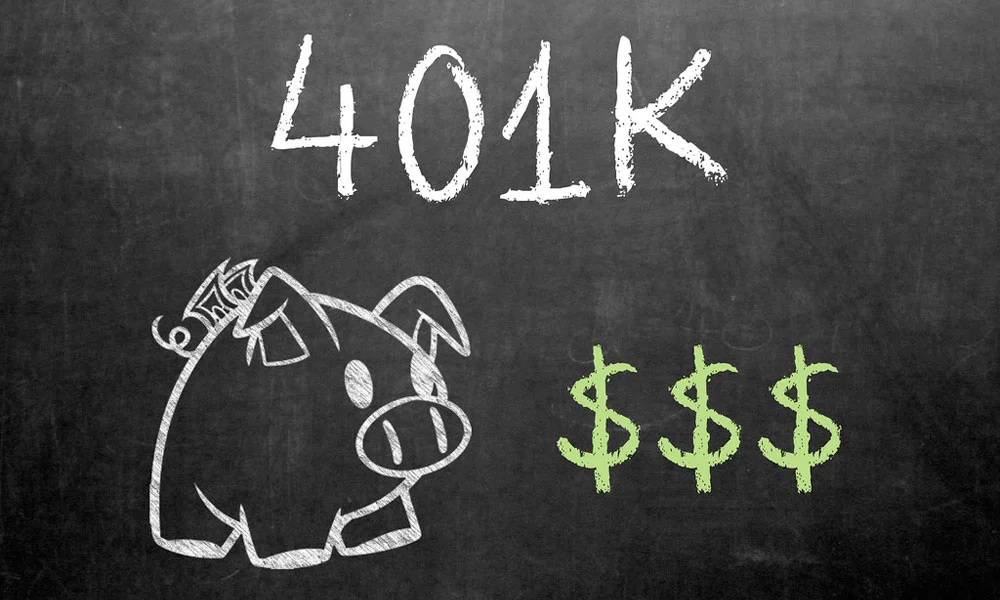Why Take Advantage of a 401K Match: It's Part of Your Compensation
Without vision you don't see, and without practicality the bills don't get paid.
If your employer told you you would get a $5000 bonus each year, would you take it? Of course we all would, but we would ask the question, what do we have to do to get the bonus? How much to we have to meet in sales? How many projects do we have to complete? What performance metrics would be tracked and what do we have to do to meet it?
Guess what? That $5000 bonus is actually easier to get than you might think. All you have to do is to save money. Easy right? The reality is that many people don't do this because they don't understand what a 401K is or why they should take advantage of it. Today, we are going to breakdown why you should be taking advantage of your 401K to build your nest egg, to build your retirement accounts and get you to financial independence faster.
In this video, learn the most common retirement savings options. Did you know the savings options you have for retirement depends on who you work for?
What is a 401K?
In the tried and true definition from Investopedia, "A 401(k) plan is an employer-sponsored retirement account that allows employees to invest pretax dollars from their paychecks." Basically, it's a form of savings. Depending on the employer, they may also provide a matching contribution which means as long as you contribute, the employer will also contribute to your plan up to a certain point. Earnings accrue on a tax-deferred basis meaning you don't pay taxes until you withdraw from the account. In all likelihood, you'll be withdrawing from the account in retirement age. The minimum withdrawal age is 59 1/2 without any penalties although there are other ways to withdraw early which we will discuss later on. At withdrawal, you will pay the taxes deferred, but this counts as regular income so in all likelihood at the age when you start withdrawing, your tax bracket will be lower because you won't be earning as much (which is why you are withdrawing in the first place.)
401K is Part of Your Compensation
The reality with the 401K and something most people probably don't realize is that this is also part of your compensation. When HR reviews the compensation plan for employees, it's not just about salaries, but they take into account bonuses, overtime, health insurance, work benefits, those free snacks in the kitchen, that foosball table and retirement plans.
My biggest advice to anyone just starting out in the work place is to always take advantage of everything your employer offers: benefits, perks, etc. You'll never know what you will find. I shared some of my tips over at Student Loan Hero: Master Money In Your 20s and LearnVest: The 1 Thing That Helped My Finances The Most.
So even if you are thinking, I'm too young to think about retirement, I want my money now because #YOLO, think about the fact that if you don't take advantage of at least a 401K company match, you are literally leaving money on the table. Unless, you are a baller like that and can afford to leave $5000 on the table every year, then by all means, but I would highly re-consider your stance on this.
Consequently, the next time you look for a job, don't forget to ask about retirement plan as part of the compensation negotiation. Your compensation is not just based on your salary, but the entire package of the things you receive while at work. Some you may take for granted until they get taken away so get diligent about all of the other benefits that can come from your employer.
401K Company Match in Numbers
Let's take a look at this in numbers. What exactly does a company match mean?
Say you earn $50,000 a year and your employer 100% matches up to 6%. You have to contribute your own money first into the 401K to kick start the employer also matching your contribution. In this scenario, if you put in $3000 (6% of gross pay of $50,000), your employer will contribute the same amount (which is 6%). If you contribute less than 6%, they will match less. If you contribute more, they will only contribute up to the 6%.
In this scenario, $3000 seems like a lot to contribute given you only make $50,000, but the $3000 is broken down over a year and over multiple paychecks so if you get paid every 2 weeks, you would be looking at around $125 a paycheck which might be a few dinners out that you will have to forgo. In addition, if you can contribute pre-tax, your gross income is lowered from $50,000 to $47,000 and you'll only be taxed on the $47,000 and gain an additional $3000 from the employer match.
We are pretty irrational beings and act on emotion, but let the numbers speak for themselves. Again, even if you think you are too young to think about retirement, we all age someday, don't risk it.
401K or Student Loans
Do Both. As with anything in life, we need that balance. I wouldn't wait putting off investing until you pay your student loans. Do what you can. If you can contribute up to the company match, start with that. Better than nothing in all scenarios. We also sometimes think we aren't going to stay in a company long enough to take advantage of retirement plans, but surprisingly most of us stay with a company longer than we think. Let's not waste time and money.
The next time you receive an email or a packet regarding your 401K, don't ignore. It's part of your compensation, take advantage of it and don't leave that money on the table.
This also applies to other retirement accounts out there, not just the 401K.
It's also important to start re-framing some of the context of our old mindsets. Whereas before, 401K was just for retirement, now we've reframed it to be as something that we deserve as part of our compensation. We can also go a step further and start thinking about that company match as a buy in to our freedom. The more we can get it, the more we can free ourselves from the 9 to 5.
When you are ready to, check out Personal Capital and have their FREE tool analyze your investments for fees and over allocation. The second step after contributing to that 401K is to review and optimize your investments.
Why Take Advantage of a 401K: It's Part of Your Compensation





